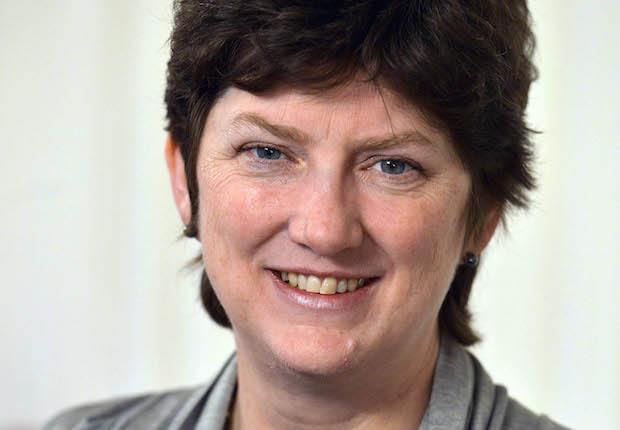
More than a third (69%) of employee respondents who are fathers would consider their childcare needs before taking a new job or promotion, according to research by Working Families and Bright Horizons.
The Modern families index 2017, which surveyed 2,750 UK parents, also found that 38% of respondents who are fathers are willing to take a pay cut to achieve a better work-life balance.
The research also found:
- 47% of respondents who are fathers want to downshift into a less stressful job because they cannot balance the demands of work and family life.
- 44% of respondents who are fathers have lied or bent the truth to their employer about family-related responsibilities that ‘get in the way’ of work, compared to 37% of respondents who are mothers.
- 81% of respondents who are mothers would assess their childcare needs before taking a new job or promotion.
- 11% of all respondents find their employer is unsympathetic about childcare, expecting no disruption to work, and 8% of respondents would not tell their employer if they had childcare problems.
- Three quarters (75%) of all respondents would consider their childcare needs before taking a new job or promotion.
- 20% of all respondents believe employers should put more policies in place to help employees balance work and home.
- 51% of all respondents feel confident discussing family-related issues with their employer, and 51% believe their employer would take account of family responsibilities and treat them fairly.
- 37% of all respondents feel resentful towards their employer about their work-life balance.
- 57% of all respondents think that having a flexible and family-friendly employer would make employees more likely to stay with their current organisation.
Sarah Jackson (pictured), chief executive at Working Families, said: “To prevent a ‘fatherhood penalty’ emerging in the UK, and to help tackle the motherhood penalty, employers need to ensure that work is designed in a way that helps women and men find a good work-life fit. Making roles flexible by default and a healthy dose of realism when it comes to what can be done in the hours available are absolutely vital.
“A game-changing first step would be the government creating a new, properly paid, extended period of paternity leave, sending [a] clear signal that [the] government recognises the aspirations of modern fathers and is serious about tackling the motherhood penalty that blights the working lives of so many women.”
Denise Priest, director of employer partnerships at Bright Horizons, added: “It’s clear that the reconciliation of work and family life is now a priority for both mothers and fathers. It is impossible to overstate the positive impact of an understanding and supportive employer, one that adapts to its employees’ needs so that they can progress in their careers. Leading employers are those that protect their employees from parental penalties and provide optimum work and care arrangements.”